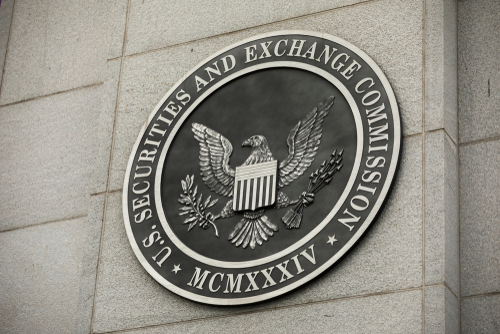A coalition of business groups, including the U.S. Chamber of Commerce, released a whitepaper this week detailing its concerns with the agenda of the Securities and Exchange Commission (SEC) and offering reforms to restore public confidence in the agency’s role as regulator.

The whitepaper makes the case that the SEC doesn’t understand how financial market participants will be impacted by its proposed changes, leading to rules that in some cases will disrupt U.S. capital markets. It also discusses how final rules that differ substantially from proposed rules increase the risk of unintended consequences for financial markets, giving the public inadequate opportunity to provide input.
“The current SEC is failing investors and the markets,” the whitepaper says. “At best, its rulemaking agenda will create conflicting obligations and expanded compliance costs; at worst, its rulemaking agenda will discourage participation in our capital markets, as too many simultaneous changes increase costs and regulatory uncertainty.”
The groups called on the SEC to adopt certain legislative reforms to ensure that its rulemaking is based on rigorous economic analysis.
The groups’ recommendations include:
• Requiring the SEC to conduct an analysis of all interrelated existing and previously proposed rules for each new proposed rule;
• Requiring the SEC to provide a minimum of 60-day comment periods on proposals;
• Requiring a third party to publish for public comment no later than 90 days from the date of enactment a post-adoption cost impact assessment for each major rule the SEC has adopted in the past three years;
• Expanding on the mission of several offices at the SEC to appropriately resource mandates that focus on market innovation and capital formation;
• Publishing an annual report on the exemptions granted from rules and adjudicate exemptive applications within 180 days.
U.S. Chamber of Commerce Center for Capital Markets Competitiveness Executive Vice President Tom Quaadman said the SEC’s agenda often fails to account for the costs and benefits of its rules, including how they might limit capital formation. “Our common-sense reforms would promote a rulemaking process that renews the SEC’s focus on its tripartite mission of investor protection, capital formation, and competition,” he said.
Along with the U.S. Chamber, the coalition includes the American Investment Council, Business Roundtable, Investment Company Institute, Managed Funds Association, and National Venture Capital Association.